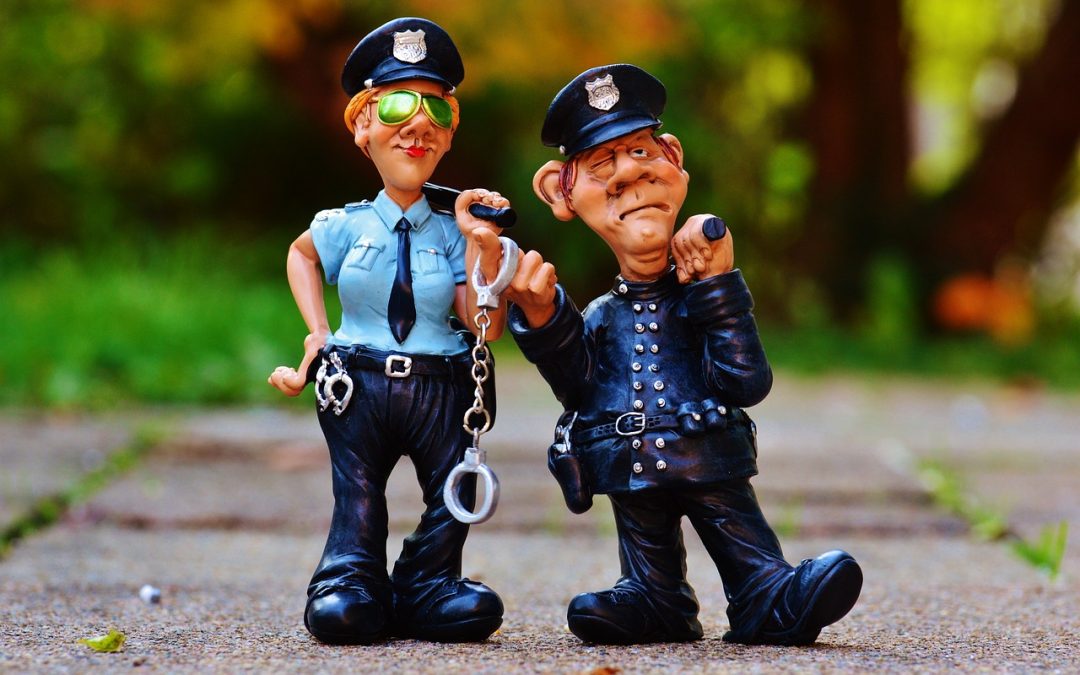As law enforcement officers perform their duties in your neighborhood, you may wonder whether you have the right to film their actions from the comfort of your own home. This question is especially important in an era where police accountability is a pressing concern. Understanding the legal limits of filming police outside your home can help you navigate these situations safely and assert your rights effectively.
Know Your Rights: The Fourth Amendment and Privacy
The Fourth Amendment guarantees the right to be free from unreasonable searches and seizures. In the context of filming, this amendment protects your right to privacy within your home. Generally, police need a warrant to enter your home without your consent, unless they have probable cause to believe a crime is being committed. If you’re filming police from inside your home, you’re exercising your right to privacy and freedom from unreasonable searches.
The Public’s Right to Record: The First Amendment and Free Speech
The First Amendment protects your right to free speech and expression, including the right to record and film government officials, including police, performing their duties in public. The courts have consistently held that the public has a First Amendment right to record police activities, as long as it doesn’t interfere with their duties or compromise public safety. This right is essential for promoting police accountability and transparency.
However, it’s crucial to note that some states have specific laws or regulations governing the recording of police activities. For instance, some states have stop-and-identify laws that require you to provide identification if asked by an officer. It’s essential to familiarize yourself with local laws and regulations before recording police.
Practical Tips for Filming Police Outside Your Home
When filming police outside your home, keep the following tips in mind:
- Avoid confrontations or interfering with police activities. Keep a safe distance and avoid obstructing their duties.
- Clearly announce that you’re filming for your own documentation and transparency purposes.
- Don’t attempt to hide or conceal your recording, as this may give the impression you’re trying to intimidate or obstruct the officers.
- Be respectful and calm when interacting with police. Remember, de-escalation is key in these situations.
- Familiarize yourself with local laws and regulations governing recording police activities.
“The public’s right to record and other first amendment activities is an essential component of our system of government. By protecting this right, we ensure the public’s ability to engage in the free discussion of government affairs, and to hold government officials accountable for their conduct.”
In conclusion, filming police outside your home can be a valuable tool for promoting accountability and transparency. However, it’s essential to approach these situations with caution and respect. By knowing your rights, staying informed about local laws, and following practical tips, you can exercise your freedom of expression while minimizing potential risks. Remember to stay calm, assert your rights appropriately, and prioritize de-escalation in all interactions with law enforcement.
The information at Observed.Org may not pertain to every jurisdiction. It is YOUR responsibility to know your rights and observe them. Nothing here should be considered legal advice.

